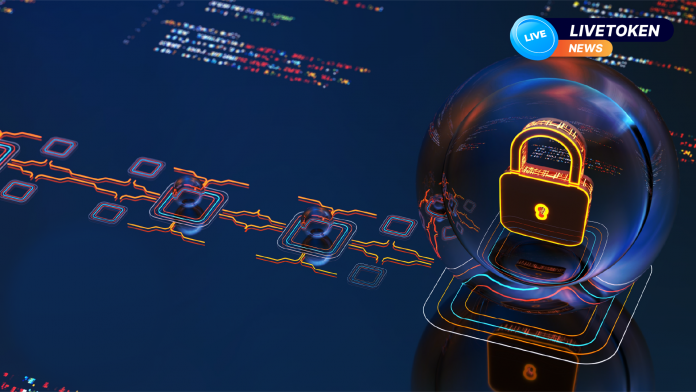The role of blockchain in cybersecurity is a topic that has garnered a lot of attention in recent years. With the increasing prevalence of cyber-attacks and data breaches, finding ways to secure our digital information is becoming increasingly important. One promising solution is blockchain technology, which offers a decentralized and secure platform for storing and transferring data. In this blog, we will explore the various ways blockchain can enhance cybersecurity and protect against cyber threats. We will also discuss the challenges and limitations of using blockchain in this context and provide examples of how it is applied in the real world.
The approach of blockchain in cybersecurity
Blockchain technology has the potential to revolutionize the way we approach cybersecurity. Here are a few key points to consider:
Decentralization: One of the key features of blockchain is that it is decentralized, meaning that no central authority controls the network. This makes it much harder for hackers to compromise the system, as they would need to attack multiple nodes simultaneously to succeed.
Immutability: Another advantage of blockchain is that it is virtually impossible to alter or delete data once it has been recorded on the network. This makes it much harder for hackers to tamper with sensitive information or manipulate the system in their favor.
Transparency: While blockchain technology is secure, it is also transparent. All transactions and interactions on the network are visible to all participants, making tracking and identifying any suspicious activity easier.
How does blockchain improve cybersecurity?
Blockchain technology has the potential to revolutionize cybersecurity by providing a secure and decentralized platform for data storage and transmission. One of the main ways it does this is through cryptographic techniques, which make it nearly impossible for hackers to gain unauthorized access to sensitive information. Additionally, the decentralized nature of the blockchain means no central point of failure, making it much harder for attackers to disrupt or manipulate the system.
Data security
Data security is essential to running a business in the digital age. Here are a few key points to consider when it comes to protecting your company’s sensitive information:
Use strong passwords: Make sure to use strong and unique passwords for all your accounts and regularly update them to prevent unauthorized access.
Encrypt your data: Encrypting your data ensures that even if someone does gain access to your information, they won’t be able to read it without the correct decryption key.
Interoperability
Interoperability is a crucial aspect of blockchain technology and its role in cybersecurity. It refers to the ability of different systems, devices, or software to work seamlessly and effectively. In cybersecurity, interoperability is important because it enables different security measures to be integrated and used together rather than operating in silos. This allows for a more comprehensive and effective approach to security, as it allows for sharing information and resources across different systems and devices. Blockchain technology is particularly well-suited for interoperability due to its decentralized nature, which allows for secure and seamless communication between nodes on the network. This makes it an important tool for improving cybersecurity and addressing the challenges of protecting against ever-evolving threats.
Issues of blockchain in cybersecurity
Blockchain technology has the potential to revolutionize the way we store and share data, but it also brings with it some unique cybersecurity challenges. One issue is the decentralized nature of the technology, which means that data is stored on multiple servers rather than in a single location. This can make it more difficult to track and identify malicious activity and implement effective security measures.
Conclusion
In conclusion, the role of blockchain in cybersecurity is crucial in protecting sensitive information and data. By using decentralized networks and encryption techniques, blockchain technology can provide a secure and tamper-proof platform for storing and transmitting data. Additionally, using smart contracts can ensure that only authorized parties have access to certain information, further enhancing the system’s security.



